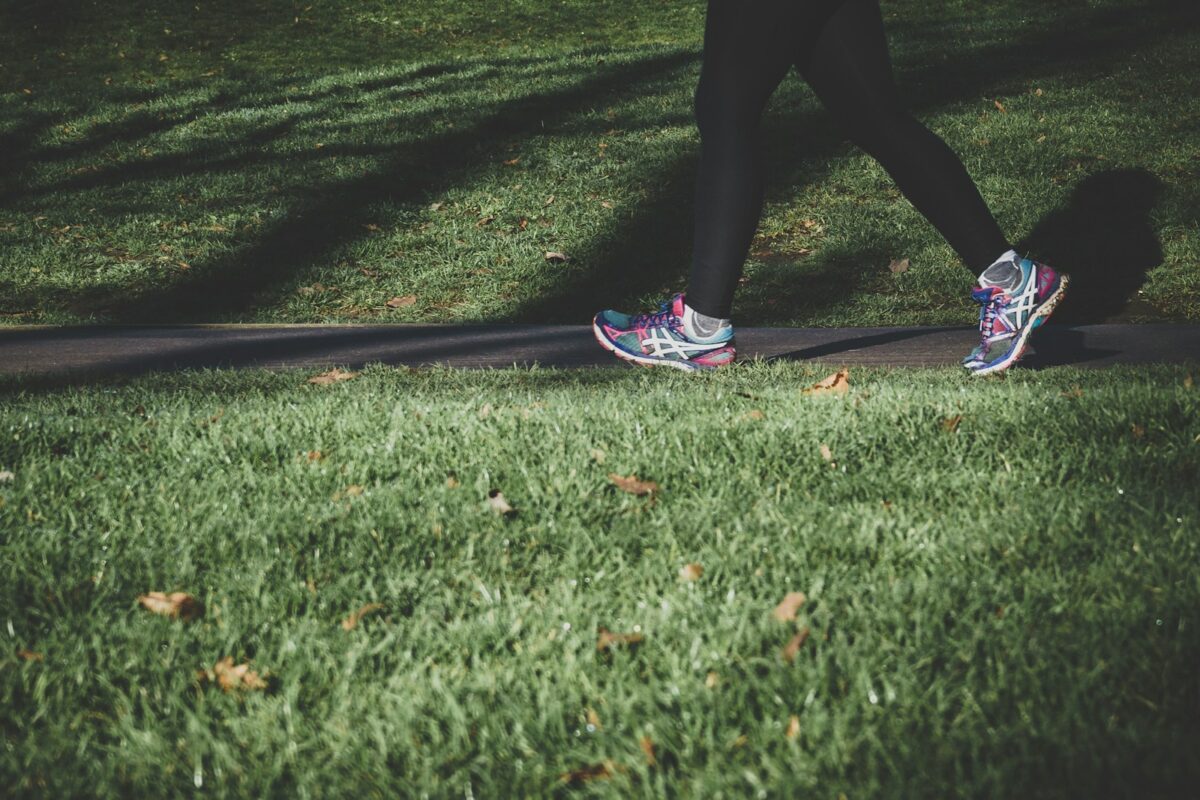Defeat Cellulite with These 20 Powerhouse Foods
After turning 20, over 80% of women start to see cellulite. This can make them feel self-conscious and lower their confidence. If you’re looking into natural ways to reduce cellulite, you’ve come to the right spot. A good approach is to follow an anti-cellulite diet full of nutrients that help with hydration, making more collagen, and getting rid of toxins.
Learning how certain foods can help fight cellulite can change everything. Add leafy greens like spinach, kale, and cabbage to your meals to keep your skin well-hydrated. Dark berries, such as blackberries and blueberries, are great for making more collagen and helping new skin grow. Eating oily fish three times a week can also help reduce cellulite.
Citrus fruits are full of vitamin C, which helps fix and grow new skin and fights inflammation. They’re key for fighting cellulite. Whole grains are also vital, keeping your digestive system healthy and stopping belly fat from turning into cellulite. Keep reading to learn more about these important foods for smoother, healthier skin.
Understanding Cellulite and Its Causes
Cellulite is a common skin issue that looks like dimples on thighs, buttocks, and the abdomen. It affects up to 90% of women worldwide. Understanding its causes is key to fighting it effectively.
What is Cellulite?
Cellulite makes skin look lumpy and dimpled because fat pushes through the skin’s connective tissue. It mainly affects women, regardless of their size or shape. While not harmful, it can lower self-esteem and body confidence, leading people to look for ways to reduce it.
Common Causes of Cellulite
Knowing what causes cellulite helps in finding better ways to deal with it. Several things can lead to cellulite:
- Hormonal factors: Female hormones, especially estrogen, affect fat distribution and cellulite formation.
- Dietary choices: Eating lots of sugar, fried foods, and carbs can cause inflammation and fat buildup, making cellulite worse. Foods packaged in BPA and microplastics can also increase cellulite risk.
- Sedentary lifestyle: Not moving enough can lead to poor blood flow and weak muscles, making cellulite more noticeable.
- Genetics: Your genes can affect how your connective tissue and fat are structured, making some more likely to get cellulite.
- Environmental toxins: Toxins in the environment can cause cellulite by messing with hormone function and fat storage.
You can reduce cellulite naturally with enough water, regular exercise, and eating foods that fight cellulite. Foods like leafy greens, dark berries, and oily fish are good because they have protein, fiber, and other nutrients that help fight cellulite and keep your body healthy.
The Top Cellulite-Fighting Foods to Include in Your Diet
Eating the right foods can make a big difference in how cellulite looks. Adding foods that are full of nutrients helps keep your skin healthy and hydrated. Here are some of the best foods for smoother skin that can fight cellulite.
Leafy Greens
Spinach and kale are great for fighting cellulite. They’re full of antioxidants and nutrients that help with weight control and keeping skin hydrated. Lutein in these greens helps skin stay moist and elastic. Eating these foods can really improve your skin’s look.
Dark Berries
Dark berries like blackberries and blueberries are full of antioxidants. They have a lot of vitamin C and polyphenols, which help make collagen and keep skin healthy. Eating these berries often can make your skin look better and help you reach your anti-cellulite goals. They also help get rid of toxins, making your skin look even better.
Oily Fish
Oily fish like salmon and tuna are packed with omega-3 fatty acids. These are key for keeping cell membranes stable and improving blood flow. They help prevent collagen breakdown and keep skin firm and smooth. Adding oily fish to your meals boosts your health and makes your skin look smoother by reducing cellulite.
In short, eating a mix of leafy greens, dark berries, and oily fish can really help fight cellulite. These foods work together to keep skin hydrated, boost collagen, and keep cells healthy. This gives you a full plan to reduce cellulite.
The 20 Unbeatable Foods to Fight Cellulite
Eating the best anti-cellulite foods can help reduce cellulite. By adding nutrient-rich foods to your diet, you can fight cellulite from the inside out.
Whole Grains
Whole grains are full of fiber. This fiber helps with digestion and toxin removal. It makes the skin smoother and reduces cellulite.
Citrus Fruits
Oranges and grapefruits are full of vitamin C. Vitamin C is key for making collagen and fixing skin. Eating these fruits can help fight cellulite.
Bran and Oat Cereals
Bran and oat cereals are high in fiber and nutrients. They help with weight control. These cereals keep you feeling full and make cellulite less visible.
Pineapple
Pineapple has bromelain, an enzyme that fights inflammation. It reduces swelling and boosts skin health.
Broccoli
Broccoli is packed with alpha lipoic acid. This acid stops collagen from hardening. It keeps skin elastic and cuts down on cellulite.
Sea Vegetables
Sea vegetables like kelp and nori are full of nutrients. They detoxify the body with their minerals. These foods are great for fighting cellulite.
Dried Fruits
Dried fruits, such as apricots and prunes, are loaded with potassium. Potassium balances fluid in the body, reducing cellulite’s look.
Saffron Tea
Saffron tea is an anti-inflammatory drink. It improves skin texture and lessens cellulite.
Hummus
Hummus comes from chickpeas and is a low glycemic food. It stabilizes blood sugar and fights cellulite through healthy eating.
Bell Peppers
Bell peppers are full of Vitamin B6. This vitamin helps fix connective tissues, reducing cellulite.
Nuts and Flaxseeds
Nuts and flaxseeds give you omega-3 fatty acids. These acids improve skin elasticity and help fight cellulite.
Watermelon
Watermelon keeps the body hydrated and gives antioxidants for skin health. It’s great for reducing cellulite.
Turmeric Latte
Turmeric latte has anti-inflammatory properties. It reduces cellulite and tightens the skin, making it smoother.
Water
Drinking enough water is key for skin health and fighting cellulite. It keeps the skin supple and free from toxins.
Benefits of an Anti-Cellulite Diet
An anti-cellulite diet is more than just a dream. It’s a science-backed plan that focuses on certain foods. These foods help improve skin and reduce cellulite. Eating collagen-rich foods, staying hydrated, and eating anti-inflammatory foods are key.
Boosting Collagen Production
Eating foods high in collagen can make your skin more elastic and strong. Eggs are great because they have amino acids that help skin stay firm. Bell peppers are also good because they have a lot of vitamin C, which is important for making collagen.
Improving Hydration
Drinking enough water is key to fighting cellulite. Foods like watermelon are full of water and help keep your skin looking smooth. Being hydrated helps with lymphatic drainage and makes cellulite less visible.
Reducing Inflammation
An anti-inflammatory diet can make cellulite less noticeable. Foods like salmon have omega-3 fatty acids that help cells stay stable and reduce swelling. Dark berries and turmeric lattes are also great for fighting inflammation.
Flushing Out Toxins
Some foods are great at getting rid of toxins that can cause cellulite. Leafy greens and whole grains are full of fiber that helps with detox. Drinking water and green tea also help by making cellulite less visible.
Conclusion
Getting smoother skin and reducing cellulite is a long-term journey. It involves eating right, staying active, and making lifestyle changes. Eating 20 key foods can help fight cellulite and improve your health.
Exercise is also key for fighting cellulite. Activities like running, cycling, and swimming burn fat and boost blood flow. This brings nutrients and oxygen to your skin. Exercises like squats and leg lifts also help strengthen muscles in areas prone to cellulite.
Drinking enough water is crucial for skin health and reducing cellulite visibility. A diet full of lean proteins, fruits, veggies, and whole grains helps fight inflammation and boost skin health. While it takes time, sticking with these tips can lead to better skin and more confidence.











